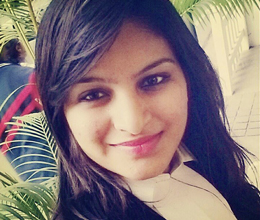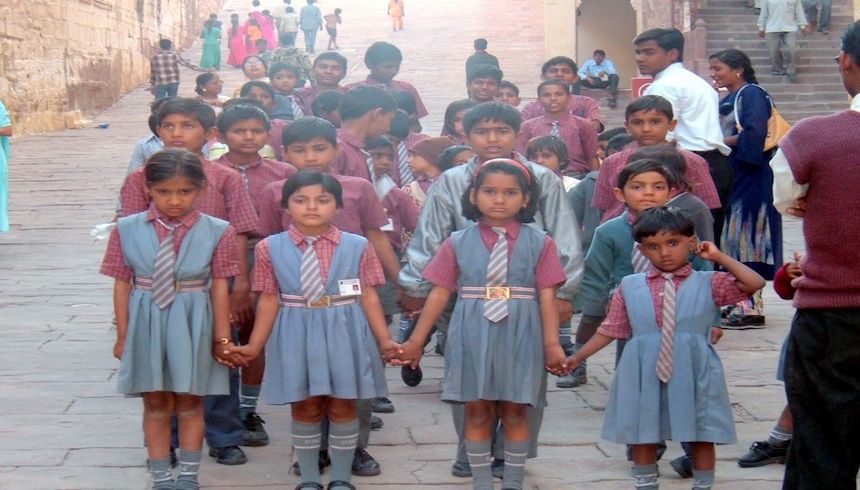Juvenile Justice Act, 2015
Preserve rehabilitation but punish the ostensible juveniles!
Introduction to Juvenile Justice Act:
The Rajya Sabha finally passed the long awaited Juvenile Justice Bill on 22nd December, 2015. The Lok Sabha passed it on 7th May, 2015. The Juvenile Justice (Care and Protection of Children) Act, 2015 came into force on 1st January, 2016 after it received the President’s assent on 31st December, 2015.
With this the Parliament made a U-turn from its earlier inclination towards social re-integration of juvenile offenders rather than putting them behind bars. The cognition behind these turn of events, is the Nirbhaya Case in 2012 wherein Jyothi Singh was gang raped. One of the accused was a few months short of 18 years, who was therefore tried in the juvenile court and was sent to a reform home for three years, while one of the other accused died in custody and four others are on death row.
The minor was free with just three years of confinement in reform home even though he was the one who had adopted the most barbaric manner of raping the girl. Therefore, there was widespread public outrage against his relief and Jyothi Singh’s parents were unhappy as they felt that justice had not been served and that relieving the boy who had the grit to commit such a heinous crime would encourage other children to commit such crimes especially against women.
The Juvenile Justice Bill, 2015:
The proposal in the Bill is to try children between 16-18 years of age as adults. The Bill was debated in the Rajya Sabha extensively with the government hoping to pass the bill in spite of having no majority. Women and Child Development Minister, Maneka Gandhi had said in the Lok Sabha that Juvenile Justice Board would examine the case and assess if the child must be tried as a juvenile or adult in cases of heinous crimes committed by a person in the age group of 16-18 years old. She also pointed out that heinous crimes would mean crimes that attract a jail term of over seven years under the Indian Penal Code (IPC).
The bill also seeks to modify the adoption norms with NRI wanting to adopt children in India to be treated on par with the residents. However, there was a sharp divide with lowering juvenile age from 18 years to 16 years of age.
For Juvenile Justice Act:
On one hand, Maneka Gandhi argued that a child is a child at 16 years of age only because he is nurtured that way. She also pointed out that poverty is not the only reason why children turn criminals citing Sweden an example where there are no poor people but the number of rape cases are high.
Against Juvenile Justice Act:
On the other hand, the move was criticised as it goes against the UN Convention on Rights of Child that was ratified by India in 1992 according to which it is provided that all children under the age of 18 years would be treated equally. Also, it goes against the justice system that believes in rehabilitation rather than retribution. Instead, Vinod Kumar had presented statistics in the Lok Sabha saying that juvenile crime amounts to just 1.2% of the total crime and in such cases it is more advisable to provide them education and moral classes as most of them hail from economically backward classes.
Moreover, the bill was also opposed in the Rajya Sabha as opposition wanted the bill to be sent to the Select Committee to remove any anomalies and then discuss on the bill and pass it. However the amendments were later withdrawn. After having an exhaustive debate for four hours, Rajya Sabha finally passed the bill with Jyothi Singh’s parents witnessing the same from the gallery.
The debate on whether a child must be tried as an adult was further discussed on Legal Parley here.
First imprisonment for life sentence under the new Act:
In a positive development, two teenagers were given life imprisonment in one of the first such sentences under the new Act. The two teenagers had stabbed another teenager to death at Jhabhua District in Madhya Pradesh.
The victim was allegedly killed for Rs. 500. The two minors aged 16 and 17 years old were remanded to correction home the next day. The board examined them and found that the two minors were physically and mentally fit and were aware of the consequences of their act.
The trial was then shifted to the court of Additional District and Sessions Judge A.A.Khan. After a trial that lasted for 22 days and produced 12 witnesses, the judge convicted the minors and sentenced them to life imprisonment under Section 302 of IPC and Sections 15 and 18 of Juvenile Justice (Care and Protection of Children) Act, 2015. The two were also fined Rs. 10,000 each.
It is to be noted that the Act contains a provision for re-evaluation when ‘the child in conflict with law attains the age of 21 years and is yet to complete the term of stay.’ Section 20 states that children’s court shall provide for a follow up by probation officer or district child protection unit or y social worker or by itself to evaluate if the child has undergone reformative changes and can be a contributing member of a society.
This is the first case in India where minors were sentenced to life term.
Conclusion on the Juvenile Justice Act:
Even though the bill was criticised as a regressive step. I think the bill had to be passed considering the increase in crimes committed by juveniles. Also, like Maneka Gandhi said, the bill does not mean to try all juveniles as adults. It is only in cases of heinous crimes will they be subjected to Juvenile Justice Board’s assessment and I think it is fair enough to let a person who can commit barbaric crimes like the one in Nirbhaya case undergo this amount of scrutiny before deciding if he/she should be tried as adult or child. I am of the opinion that, calling poverty as a reason for children to commit rape is vacuous as poverty could drive a person to commit crimes like theft or burglary but rape is an act of a sinful mind.
Picture Courtesy: Wikimedia








There Are 4 Comments